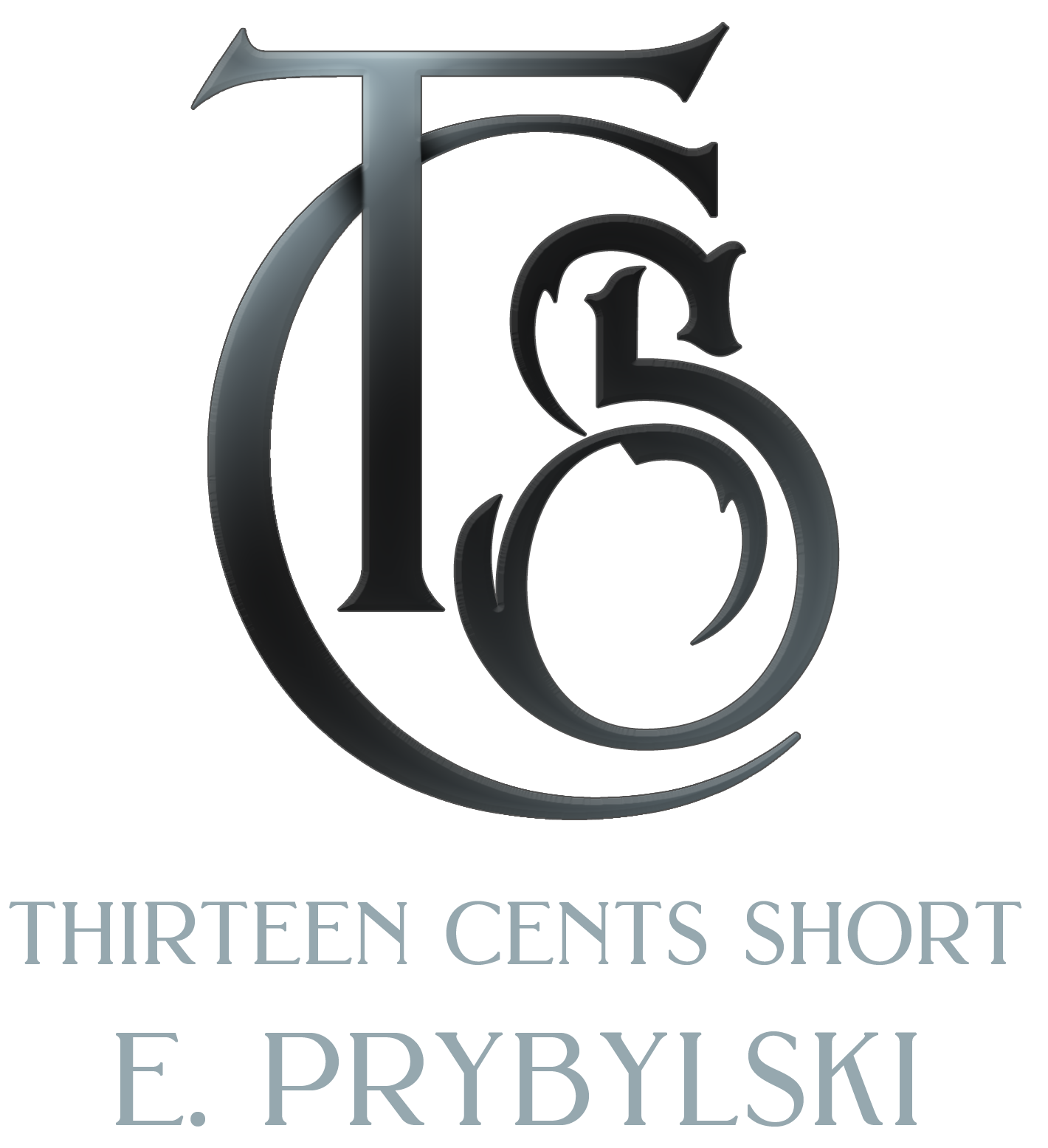We hear it all the time. How just “be you, and everything works out!” It sounds like a platitude after a while. Especially when you’re not one of the people society usually wants to hear from. The disabled, the neurodivergent, the minority, the queer. While being entirely authentic to ourselves in public spaces is a form of radical activism in a world that doesn’t want us, it’s hard to hear that trite old chestnut and believe it because we know from experience we aren’t wanted.
But that’s not entirely true.
When you make yourself small, bite-sized even, to be easier to swallow for everyone in the world, you are missing key elements of what will make people come to you and your work specifically. This post is focused on social media marketing for authors and editors, but honestly I would say it’s true of any sort of time when you have to market yourself. Or even make friends.
The temptation to change ourselves and cut pieces off so we fit into the space society expects of us is strong. I saw a comic at one point (whose artist I either forgot or never knew) where there were several shapes in the panel. The neurotypicals were represented as triangles (I think) while the neurodivergent was a square. It depicted the NTs talking about how the ND person didn’t fit in. So the ND person cut pieces of themselves off to fit the shape. And then the NTs talked about how they should just “be themselves.”
It feels like that.
HOWEVER
The reality is that when we’re marketing ourselves as authors or editors (or artists or whatever else), we aren’t trying to be acceptable to everyone. We are trying to reach the people we know will enjoy what we have to offer. Whether it’s our music, our art, our writing, our editing skills. . . Whatever it is we are trying to show the world, we are trying to reach the people who will want it. And no matter how much we might want to tell ourselves it’s for everyone, it’s not.
It’s okay to not be for everyone. Not everybody enjoys black tea, but that doesn’t make me enjoy it any less. Not everybody enjoys VNV Nation or Jethro Tull. More for me! They’re not trying to please everyone. They’re trying to please the people who want to hear their music. That’s entirely fair and reasonable. Nobody in the world is universally liked. You don’t have to be either.
With all of that said, the way this interfaces into marketing is in things like my social media. For a long time I hid large parts of myself under the guise of not wanting to “rock the boat.” I didn’t want to risk upsetting anybody because I feared losing any potential sale. When I let go of that fear, things began to change.
Frankly, I credit TikTok for it. I was told by everyone that TikTok wants authenticity. Well, okay then. They’ll get it. I made videos in my fuzzy bathrobe with my hair all a mess and my house looking similar. I make videos about autism, ADHD, my gender, my disabilities, and I’m just me. I don’t try and round off the parts that might be weird to some (like my sense of humor). I, instead, put it all out there and say: “this is me!”
And it’s worked.
Rather than having clients who were surprised by my neurodivergence, I now have people who actively want to work with the weird gremlin creature hunkered in fuzzy robes. They chose that knowing everything it entailed. As a result, I’ve had work come to me that is an infinitely better fit for me as an editor and with clients I match to perfectly. It’s been magical on multiple levels.
Does everyone want to work with me? Oh heck no. But the people I would want to work with? They want to work with me. They like me. They enjoy my off kilter self, and they embrace that. It has led to far richer and more meaningful relationships with clients and better work. And, interestingly, more of it! The more authentic I’ve become, and the more me I am, the more people see it and want to spend time around it.
I say this as a non-binary, queer, autistic, ADHD, disabled person.
You can find your people. And when you do? It’s magic.
